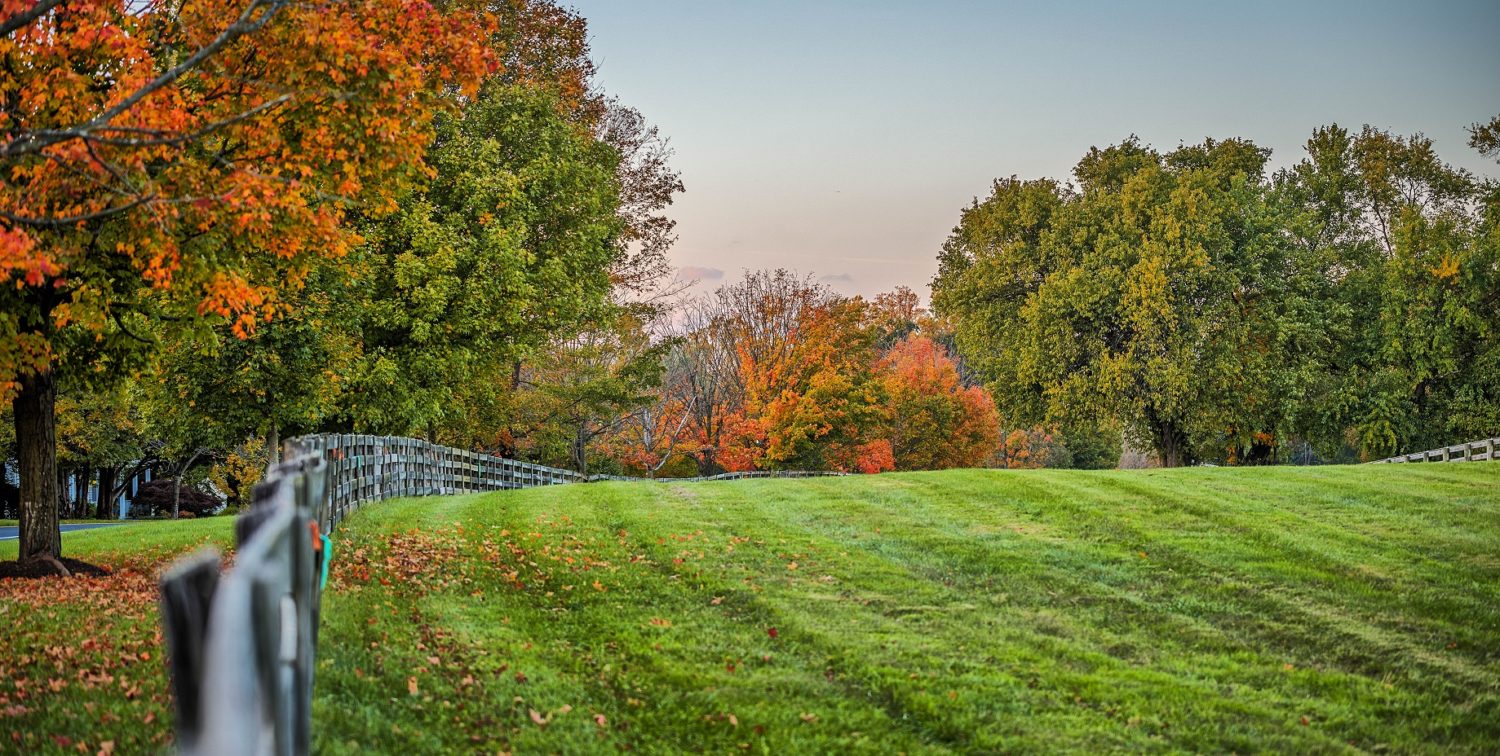Why You Should Have a Will
Put simply, a will is a legal document you use to tell the world what you would like to happen to you and your belongings when you die. If you die without a will, your belongings are distributed based on the rules laid out under state law. So, if you want to have the final say in what happens to your things when you die, you should have a will.
Trusts
Trusts are legal entities people set up to provide for themselves and others. To set up a trust you (the “donor” or “grantor”) donate property to the trust and appoint a trustee to look after it based on terms you specify. So, you might put money in a trust to provide for your children’s education, and you might specify — for example — that the trustee can only pay out funds to your children to pay for university tuition.
By putting property into a trust specifically for a trust beneficiary, you have peace of mind that the trustee will carry out your specific directions. You can set up trusts while you are alive, or through the terms of your will. You can set up a trust for a single beneficiary or multiple beneficiaries. One of the most common reasons people set up trusts is to provide for special needs children or adults.

